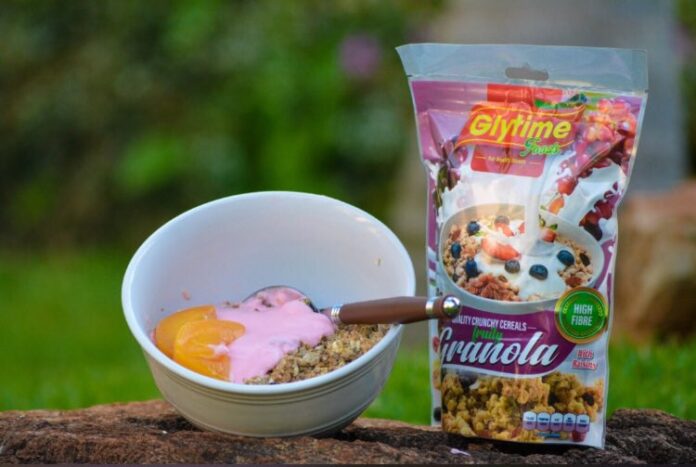Chris Mahove
Small to Medium Enterprises are struggling to expand their businesses due to the demand for collateral by banks that should be providing them with loans.
Speaking at the annual Exporters Conference in Harare, Glytime Foods Director, Lesley Marange said there was need for the scrapping of collateral so that viable small to medium enterprises can access finance to fund their businesses.
“The need for collateral is the problem that is impeding most businesses. As young people we don’t have the collateral so at the end of the day we are not able to capacitate our businesses,” he said.
Marange said a number of businesses with potential were failing to grow as they did not have access to order financing and had no properties required for collateral.
“It is a very significant problem. People are not very keen to assist small businesses even if they see that your business is viable, they are really not keen to come forward and assist. I always argue with a lot of people to say if I come and ask for 100 000 dollars and you ask me for collateral which is equivalent to 100 000 dollars it doesn’t make business sense, because as a businessman if I had the property would have sold that collateral to raise the money because I am a business person,” he said.
He said the country’s agricultural base had failed to sustain raw material demand forcing companies to rely on imports for some of their raw materials
“I know efforts are being made to rectify that but we still have a long way for the agricultural sector to step up and ensure there is sustainability and energy across the value chain. So as SME’s we rely mainly on the importation of raw materials although some of the raw materials we source locally,” he said
Marange said the SME’s foreign currency auction system introduced by the government had helped them import some of their raw materials, but there was still a huge financial gap.
“As Glytimes we take some macadamia from Chipinge and Chimanimani but overall you will see that most of the raw materials are being imported from South Africa.
“We also want to acknowledge the government for bringing the auction system for SME’s which is one thing we lobbied from our corner to say if we have that it will help us to ease the issue of accessing foreign currency especially from the streets.
He said the company, which is into food processing, had great potential to grow. “We focused on developing food that helps in terms of giving good health and wellness. Wellness has become a social value and everyone is trying to stay healthy globally so we have managed to secure the space. Everyone is trying to eat healthy hence the demand for our products has risen”.
He said the company was now working towards import substitution as a way of cutting production costs.
“We also have a drive to substitute imports. If you look at our range, we now have our own local brand of oats, our own granular cereals, which is a move towards import substitution and we have managed to do it successfully because we have more than 95 per cent product acceptance and we also have seen a growth in terms of our numbers.”









